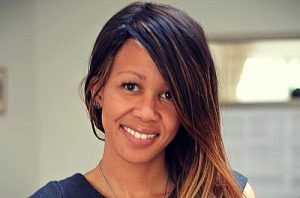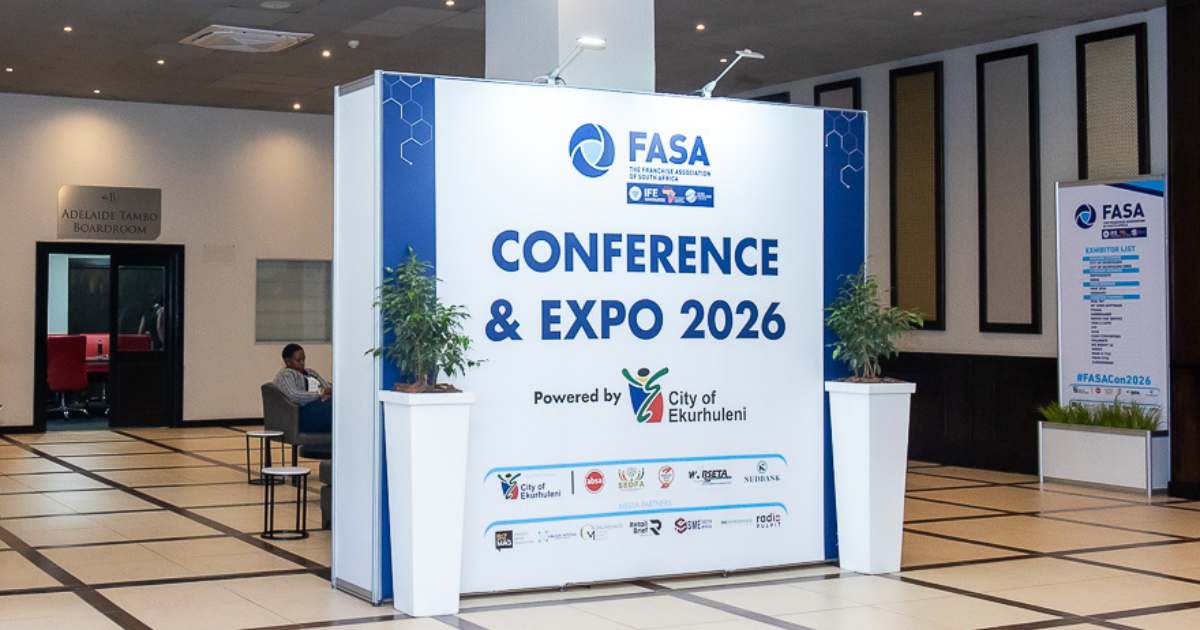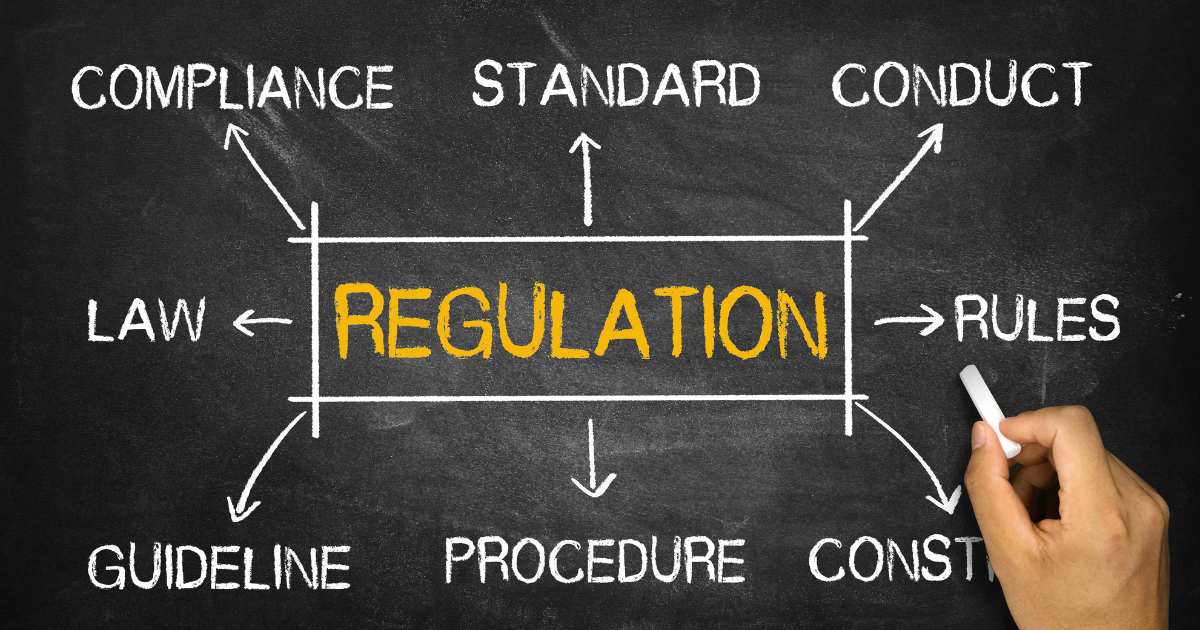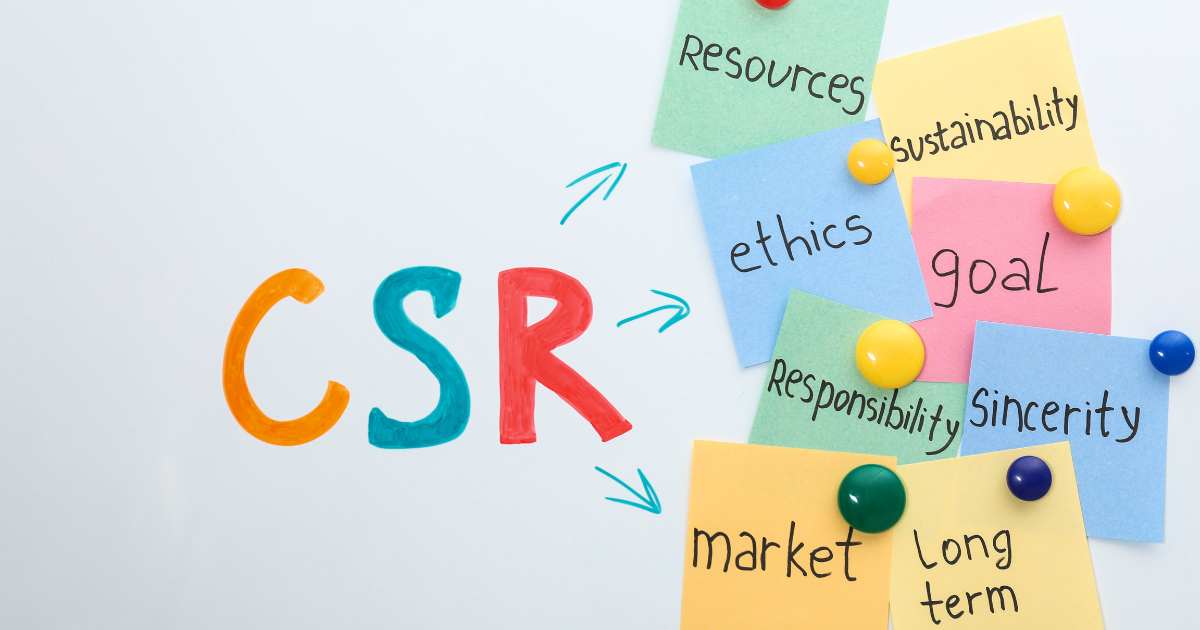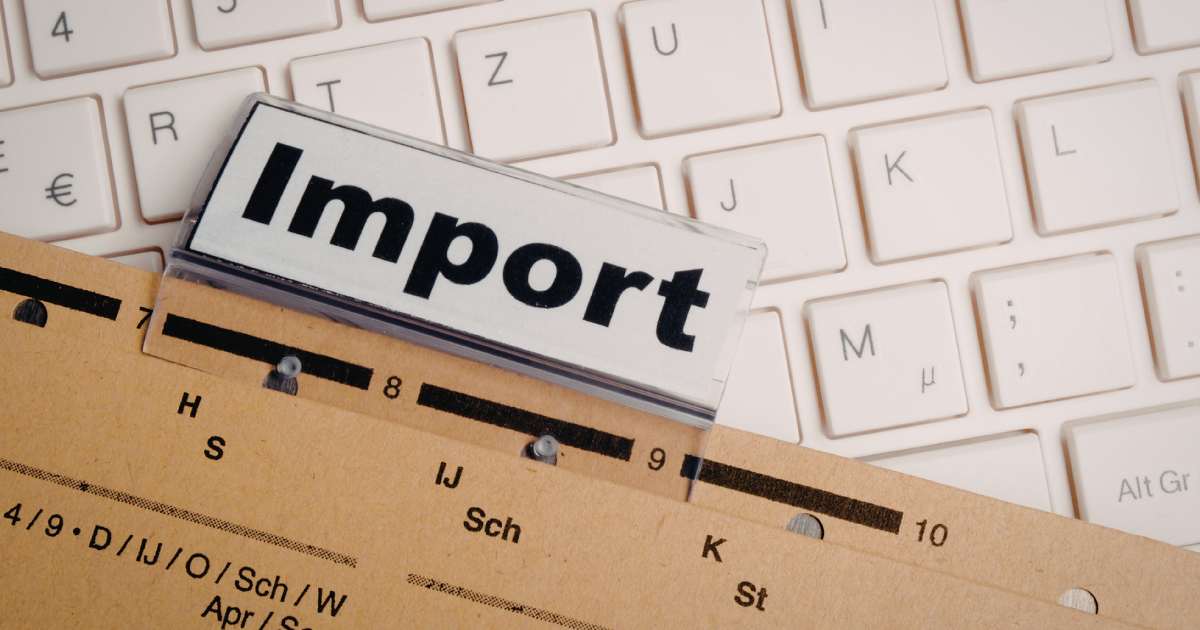World Economic Forum (WEF) said in a statement on Tuesday, on the eve of the opening of its annual Africa meeting, that its second annual search for Africa’s best women technology entrepreneurs had discovered “a wealth of female entrepreneurial talent in the region”.
Six of these entrepreneurs have been chosen to participate at the forum on Africa 2017 being held in Durban from Wednesday to Friday, May 3 to 5, under the theme “Achieving inclusive growth through responsive and responsible leadership”.
The six will join discussions on how to prepare the region for the Fourth Industrial Revolution. They will also contribute to discussions — and generate action plans — aimed at boosting entrepreneurship in Africa.
WEF said the women — who have succeeded in areas as diverse as renewable energy, urban farming, fintech, the sharing economy and agricultural tech — were chosen from hundreds of entries.
The selected entrepreneurs are:
Oluwayimika Angel Adelaja, Fresh Direct, Nigeria. The company pioneered stackable container farms, helping urban populations access high-quality produce, reduce stress on land use and reduce the need to import vegetables.
Temie Giwa-Tubosun, LifeBank, Nigeria. The company deploys digital supply chain thinking to deliver blood and other high-value medical products to hospitals and health centres.
Esther Karwera, Akorion, Uganda. The company has developed software that integrates smallholder farmers into digital value chains, helping them to sell directly to agribusinesses.
Darlene Menzies, FinFind, South Africa. The company explains and aggregates all sources of SME finance, improving entrepreneurs’ access to capital and helping lenders identify a pipeline of quality loan leads.
Aisha Pandor, SweepSouth, South Africa. The company uses sophisticated algorithms to match customers and “SweepStars”, creating flexible working opportunities and helping elevate the status of cleaners in South Africa.
Charity Wanjiku, Strauss Energy, Kenya. The company’s proprietary solar roofing tiles are able to undercut conventional solar tiles by 30 percent. (via African News Agency)
Universal Partners Invests £15mln Into UK Dental Business
JSE-listed Universal Partners said on Tuesday that it had agreed to invest £15 million to invest in Dentex Healthcare Group in the UK.
The investment holding company with a primary listing in Mauritius and a secondary one on the JSE’s AltX said an initial £4 million would secure a 36 percent shareholding in Dentex, a dental partnership group. An additional £11 million in convertible loan notes would enable Universal Partners to increase its shareholding to up to 49 percent.
Universal said the investment was in line with its primary objective of achieving strong capital appreciation in pounds sterling over the medium to long term through investing in high quality growth businesses across Europe, with a particular focus on the UK.
The company said in a statement that Dentex had a “unique co-ownership model that encourages clinical excellence and growth in profitability”.
“Dentex has the capacity to roll out and support a network of dental practices and they have strategically partnered with several dentists who they will work with to invest in practices that deliver sustainable cash flow generation, predominantly in the growing private dental market.”
Universal Partners said it was investing equity alongside management and strategic partners to fund Dentex’s investment into further practices.
Dentex’s chief executive officer, Barry Lanesman, trained and practiced as a dentist in South Africa before developing finance and banking businesses focused on the dental and medical professions in Australia. (via African News Agency)
South Africa Remains The Largest FDI Hub in Africa
According to EY’s latest Africa Attractiveness report, heightened geopolitical uncertainty and “multispeed” growth across Africa present a mixed FDI picture for the continent.
The report provides an analysis of FDI investment into Africa over the past ten years. The 2016 data shows Africa attracted 676 FDI projects, a 12.3% decline from the previous year, and FDI job creation numbers declined 13.1%. However, capital investment rose 31.9%.
The surge in capital investment was primarily driven by capital intensive projects in two sectors, namely real estate, hospitality and construction (RHC), and transport and logistics. The continent’s share of global FDI capital flows increased to 11.4% from 9.4% in 2015. This made Africa the second-fastest growing FDI destination by capital.
Egypt, Kenya, Morocco, Nigeria and South Africa (the key hub economies) collectively attracted 58% of the continent’s total FDI projects in 2016.
South Africa remains the continent’s leading FDI destination, when measured by project numbers, increasing 6.9%. Morocco regained its place as Africa’s second largest recipient with projects up by 9.5%, followed by Egypt, which attracted 19.7% more FDI projects than the previous year.
Although foreign investors still favour the key hub economies in Africa, a new set of FDI destinations is emerging, with Francophone and East African markets of particular interest.
Despite having a 31.7% decline in FDI projects in 2016, and weak growth in recent years, West Africa’s second largest economy, Ghana, remains a key FDI market. The country’s improving macro-economic environment and strong governance track record has seen Ghana rise to fourth position in the EY Africa Attractiveness Index (AAI). The index was introduced in 2016, to measure the relative investment attractiveness of 46 African economies based on a balanced set of shorter and longer-term metrics.
Staying in West Africa, Cote d’Ivoire also features in the top 10 of the AAI, and with a 21.4% jump in FDI projects in 2016, this illustrates that it’s becoming a country more favoured by investors.
Also in the west, Senegal has emerged as a potential major FDI destination although this is not reflected in its current FDI numbers. It does however rank strongly on the AAI 2017, taking eighth position, due to its diverse economy, strong strides in macro-economic resilience and progress in improving its business environment. (via APO)

